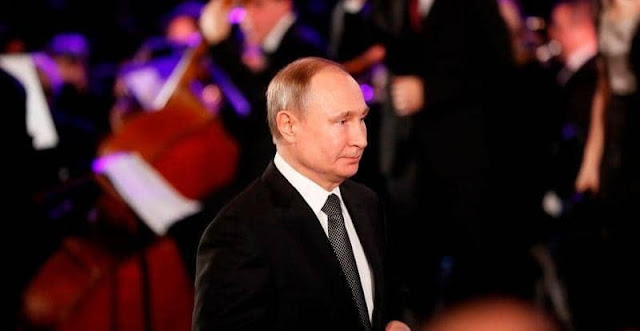
Russia .. The start of the journey to adopt "historic" constitutional amendments

Putin has ruled Russia for twenty years
"We have demonstrated strong unity," said State Duma Vyacheslav Volodin after a first reading of the amendments. The 432 representatives present voted in favor of the amendments detailed by the Kremlin on Monday in a 21-page document.
Volodin announced on the sidelines that the second reading of the amendments will take place on February 11, while several Russian officials have said that their goal is to finally adopt the reform in the spring, and this will be the first amendment to the constitution that was adopted after the fall of the Soviet Union in 1993.
On January 15, the Russian president surprised everyone with these reforms, which, according to him, became necessary because of the Russians ’desire for“ change ”that fueled speculation about the Russian president’s future at the end of his current term in 2024.
Since then events have unfolded rapidly on the Russian political scene: Prime Minister Dmitry Medvedev resigned and was immediately replaced by Mikhail Michaustin, a high-ranking official of several government agencies and unknown to the people.
Tuesday formed his new government, in which he kept the ministers in key portfolios.
The text proposes transferring some powers to Parliament, similar to appointing a prime minister, and reinforces the role of the Council of State, which has so far only been advisory, which opened the way to speculation that it could become the core of the system.
Among the changes in the text, judges, parliamentarians and political officials at the federal level will be prevented from holding two nationalities or permanent residence in another country.
The text also reinforces some of the powers of the Russian president, who would be able, for example, to refuse to sign a law adopted by two-thirds of the deputies.
For many analysts, Putin is undertaking this reform beyond 2024, leaving himself with maximum open doors to maintain his influence in the country he has headed for twenty years.
